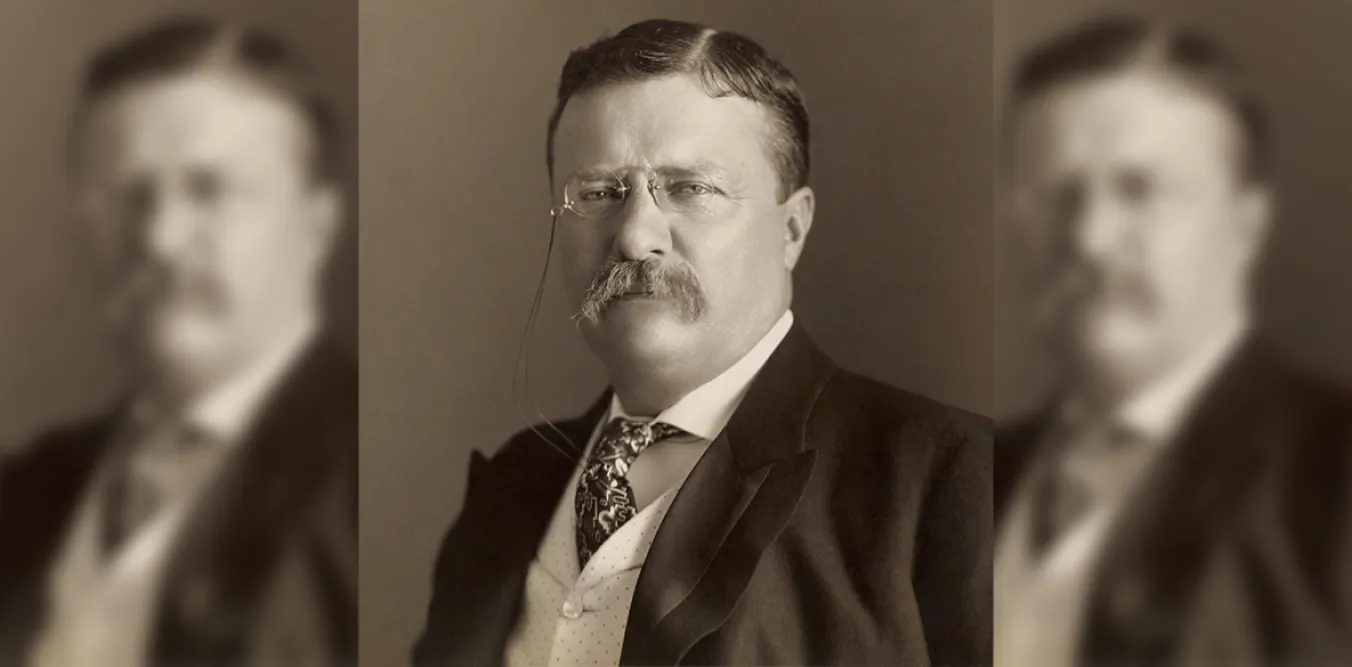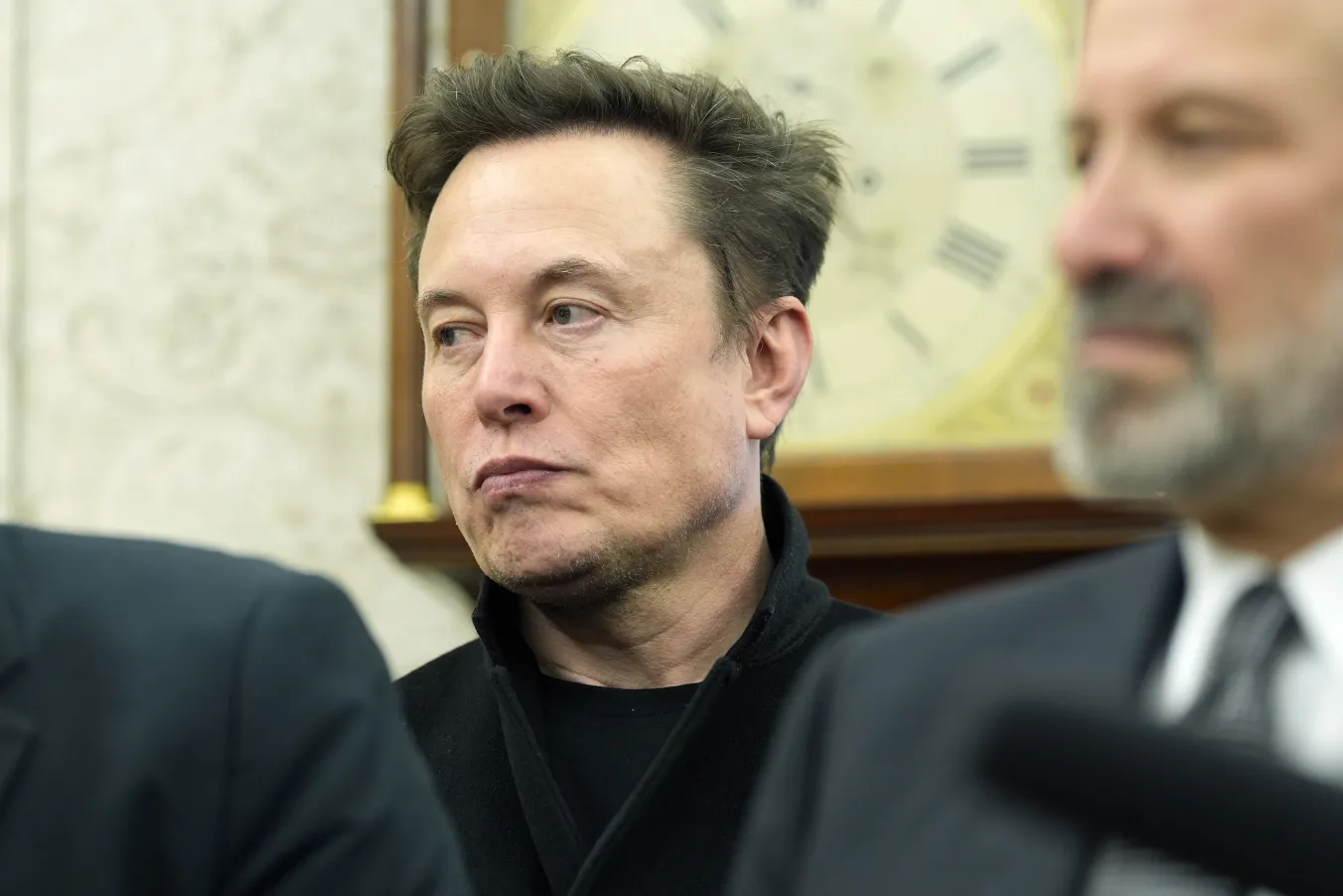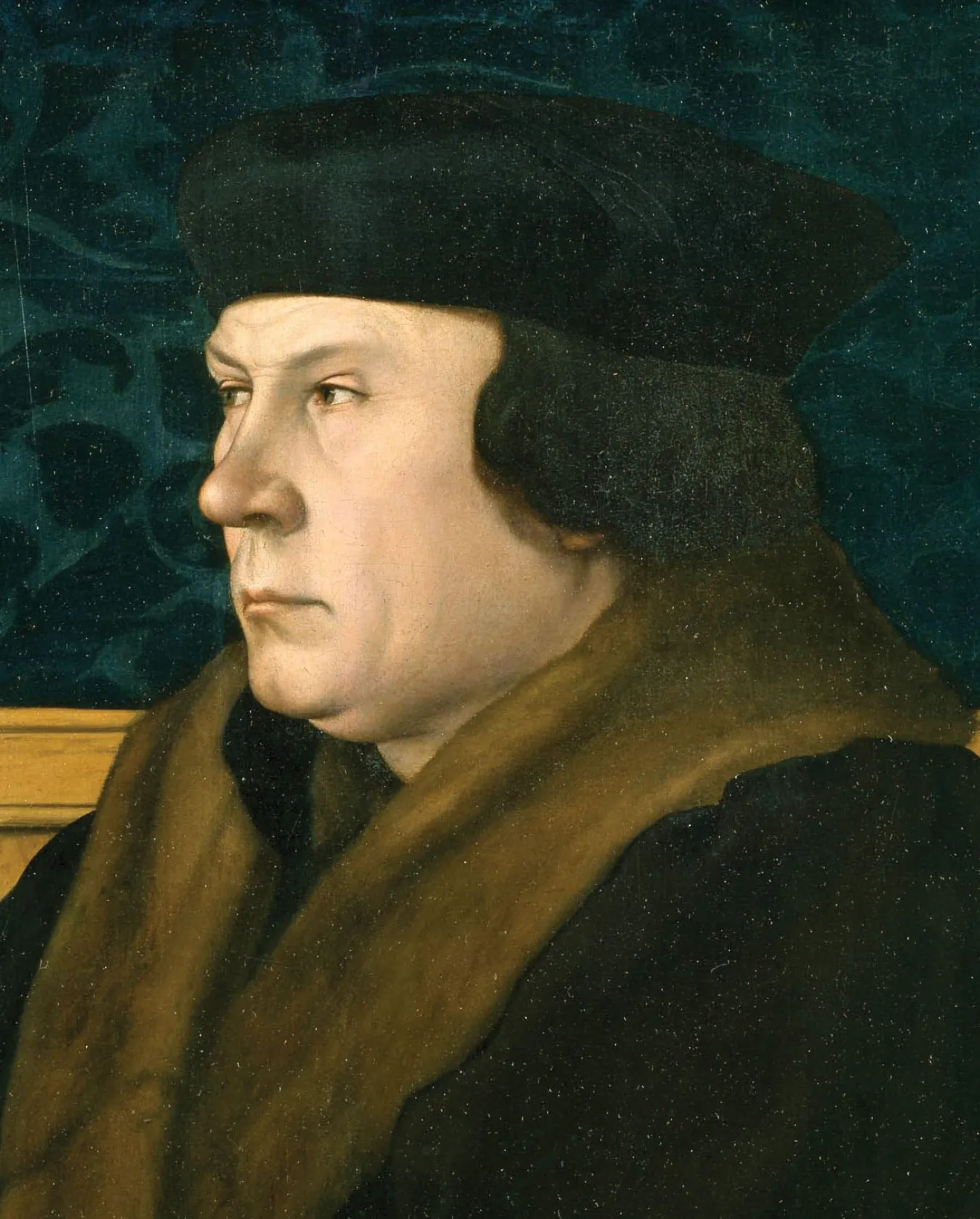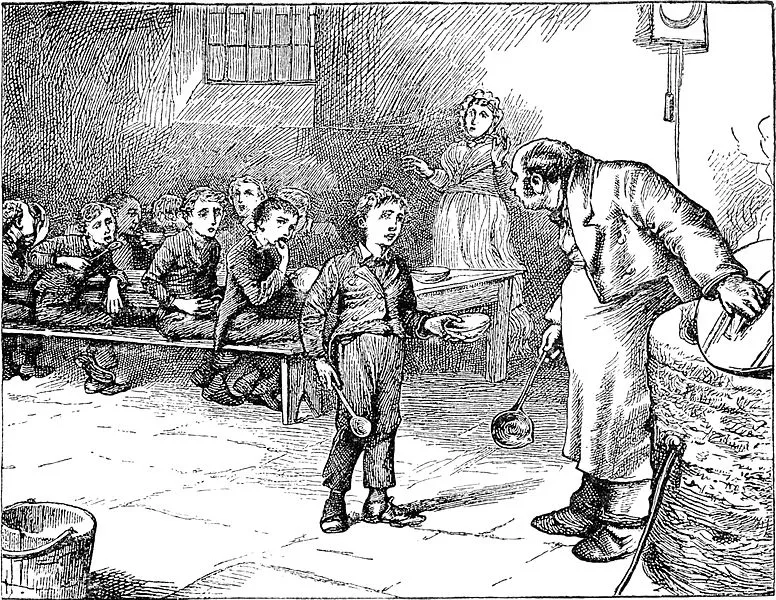Error message
An error occurred while searching, try again later.
“There can be no real political democracy unless there is something approaching economic democracy.” — Theodore Roosevelt.
TO THE incurious, 26th Republican president Theodore “Teddy” Roosevelt is an unlikely example of a “social justice warrior.” His wealthy background, somewhat contrived hyper-masculine, rambunctious persona, political allegiance, hunting fetish, military adventures in Cuba, and occasionally bombastic style would tend to pigeonhole Roosevelt as a rock-ribbed Conservative.
But this is only a part of Roosevelt’s story; he possessed a keen sense of what he saw as the essential fairness of the US — the country as it should and was meant to be. As president (1901-09), Roosevelt, with some success, cracked down on the Gilded Age excesses of the super-rich families bent on exploiting the country for their own gain. These included the Vanderbilts, Rockefellers, Carnegies, Harrimans, Huntingtons, DuPonts, Hearst and Astor clans.
Roosevelt’s Square Deal domestic programme instituted 44 antitrust suits against big business, mandated safer conditions for miners, passed the Meat Inspection Act and Pure Food and Drug Act (creating the FDA), eliminated the “spoils system” in federal hiring, broke up railroad monopolies, regulated the US’s biggest oil company and 146 indictments were brought against a bribery ring involving Oregon’s public forests, resulting in the conviction and imprisonment of a sitting US senator, fellow Republican senator John Hipple Mitchell.
Roosevelt fired the Oregon DA for not aggressively pursuing the case, something many feel Joe Biden should have done with his prim Attorney General Merrick Garland.
Roosevelt also established national parks, forests, and monuments to preserve US natural resources and fostered education, public works and measures against price gouging. All eminently sensible and all areas where the incoming Donald Trump-Elon Musk presidency is seeking either to roll back or undo completely.
Eventually, Roosevelt grew tired of his fellow Republicans, and post-presidency, set up the Progressive Party (nicknamed the Bull Moose party), which, if he had lived longer, may have supplanted either the GOP — or indeed the Democrats, then led by the racist Woodrow Wilson.
“The external glitter of wealth conceals a corrupt political core that reflects the growing gap between the very few rich and the very many poor.” — Mark Twain.
Will a similar, eventual counter-reaction work against the likes of Musk, Vivek Ramaswamy, Jeff Bezos, Mark Zuckerberg, Bill Gates, Patrick Soon-Shiong and others? Or have any guard rails against oligarchs in the US long since disappeared?
Whatever the largely unacknowledged economic benefits of the Biden administration, the outgoing Potus proved singularly useless in curbing the behaviour of his billionaire “over-mighty” subjects — and of course that of Trump himself.
Here in Britain, Sir Keir Starmer has been advised by some to ignore Musk, in the naive belief that the gadfly South African will either find some new object of his peevish interest (entirely possible) or eventually be given the bum’s rush by Trump, angered by his Doge co-director’s dominance of the airwaves and reduction of “the Donald” to the status of subservient sidekick (again, possible).
But events over the last few days appear to have ignited a reaction against Musk before he, to quote 1987’s Predator, digs himself into British politics deeper than “an Alabama tick.”













